Why mpox?
While the WHO’s declaration of mpox as a Public Health Emergency of International Concern has ended, mpox remains a continuing public health concern in several countries. The outbreak revealed important gaps in social and behavioural science evidence, ethical research practice, and community-centred response approaches.
Elrha’s mpox portfolio was designed to generate rapid, actionable research embedded within outbreak systems - with a strong focus on equity, partnership, and real-world uptake. The lessons emerging from this work extend beyond mpox itself, informing how research can better support future epidemic preparedness and response.
Our work
Elrha has previously supported research and innovation in outbreaks of infectious disease, including in Ebola, COVID-19 and cholera.
Elrha’s response to the mpox public health emergency of international concern focused on generating timely social and behavioural science evidence that directly informed outbreak response and preparedness, particularly in the Democratic Republic of the Congo (DRC) and neighbouring settings. Through targeted funding and partnership, we supported research that centred community experience, ethics, vaccine acceptance, and evidence uptake in the mpox response.
Marginalised voices, crucial expertise: mpox patient experiences in Kinshasa’s poorest neighbourhood
This project, led by Principal Investigators Tamara Giles-Vernick and Jules Villa (Institut Pasteur), explored the lived experiences of people who have recovered from mpox in Pakadjuma, one of Kinshasa’s most deprived districts. It aimed to understand illness trajectories, social perceptions, and stigma, to strengthen community inclusion in outbreak response and to co-develop locally relevant interventions. Findings informed how recovered patients could be meaningfully engaged in response structures and support community empowerment.
Democratic Republic of the Congo Mpox Vaccine Acceptance Initiative
Led by Jason Kindrachuk (University of Manitoba) in collaboration with the University of California Los Angeles (UCLA) and the Institut National de Recherche Biomédicale (INRB), this project assessed mpox knowledge, risk perception, and vaccine acceptability among at-risk populations in the DRC. It aimed to generate evidence on community sentiments and barriers to uptake, to guide the design and deployment of respectful, context-specific vaccine strategies and sensitisation campaigns.
Participants’ Research Ethics Toolbox (PRET) for the mpox response
This project, led by Elysée Nouvet (Western University), built on prior work with Ebola survivors to strengthen ethical research conduct during public health emergencies. It focused on rolling out the open-access PRET - a set of tools designed to improve research participants’ understanding of consent, rights, and ethical engagement - through train-the-trainer workshops and wider dissemination in the DRC and within regional research networks.
Communities at the centre of mpox and Ebola emergency responses: Driving local level impact through social and behavioural science
In partnership with the World Health Organization (WHO) and national counterparts, this initiative supported rapid operational social and behavioural science research on priority questions derived directly from outbreak response evidence gaps. It included convening a community of practice, facilitating ongoing knowledge exchange, and developing a generalisable SBS research protocol that has been applied in future infectious disease outbreaks to support action-oriented, community-centred evidence generation.
Strengthening the social and behavioural science evidence base for mpox in Africa
This project, led by Principal Investigator Hayley MacGregor (Institute of Development Studies) with partners including the London School of Hygiene and Tropical Medicine, synthesised emerging social and behavioural science research on mpox across sub-Saharan Africa. They mapped existing evidence, identified knowledge gaps, and highlighted practical insights to support outbreak decision-making. The work strengthened coordination and visibility of social and behavioural science within the mpox response and informed priorities for future epidemic preparedness.
Sharing our learning
Elrha’s mpox portfolio has generated important lessons on embedding social and behavioural science within outbreak response, strengthening equitable partnerships, and ensuring research informs real-world decision-making. We are committed to sharing these insights widely to support future epidemic preparedness.
On 18 March, we will be convening researchers and response partners for our webinar, Beyond the Virus: Social and Behavioural Science Lessons from Mpox, bringing together voices from across the portfolio to reflect on cross-cutting lessons and implications for future outbreaks.
We will also be publishing a blog synthesising key themes and recommendations emerging from this work, including reflections on research uptake, ethical practice, and community engagement in crisis settings.
We invite partners, practitioners, and researchers to engage with these outputs and join the conversation on how to strengthen rapid, equitable research in future public health emergencies.
Image credit: Mpox Virus Colorized transmission electron micrograph of mpox virus particles (pink) found within an infected cell (yellow), cultured in the laboratory. Image captured at the NIAID Integrated Research Facility (IRF) in Fort Detrick, Maryland. Credit: NIAID
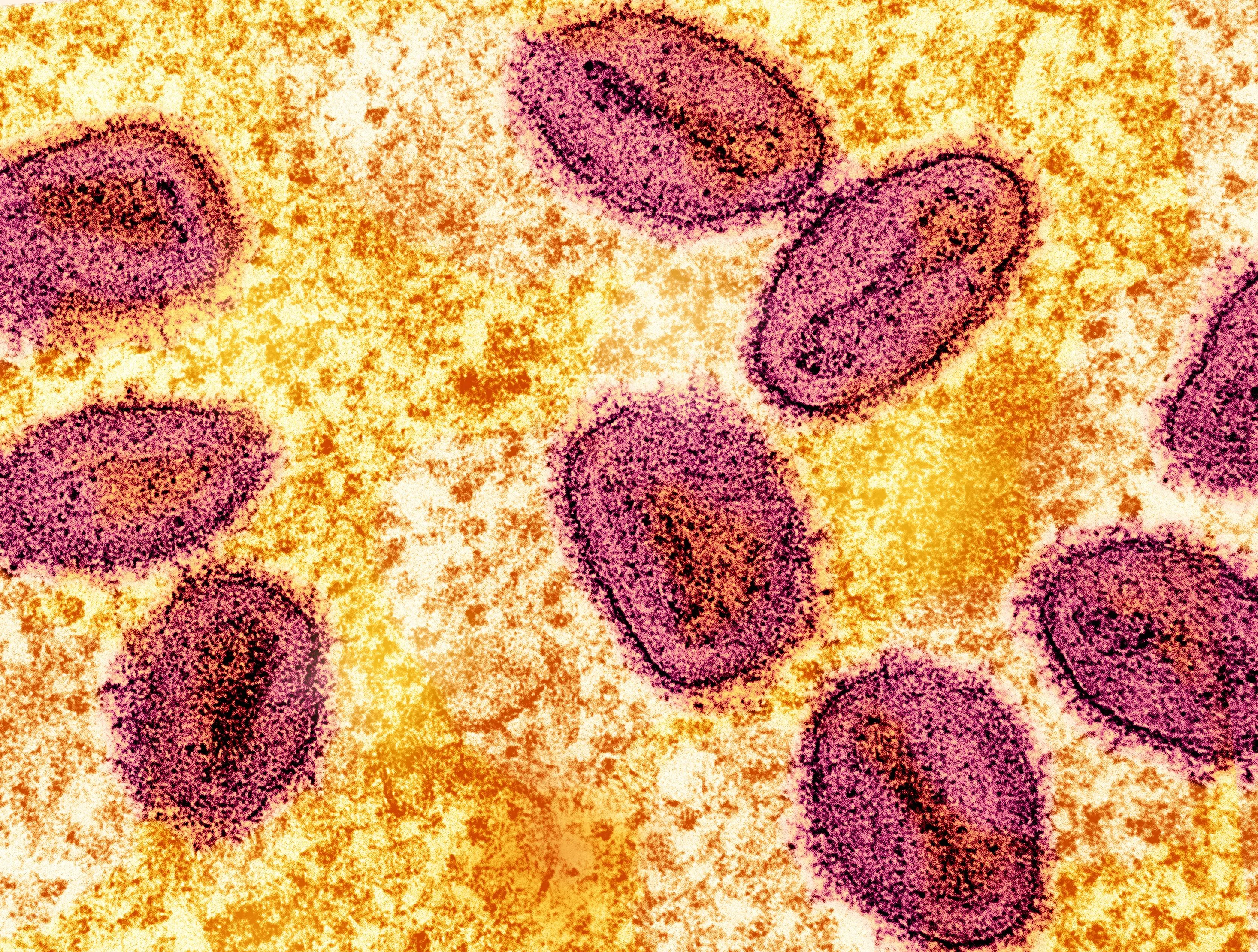

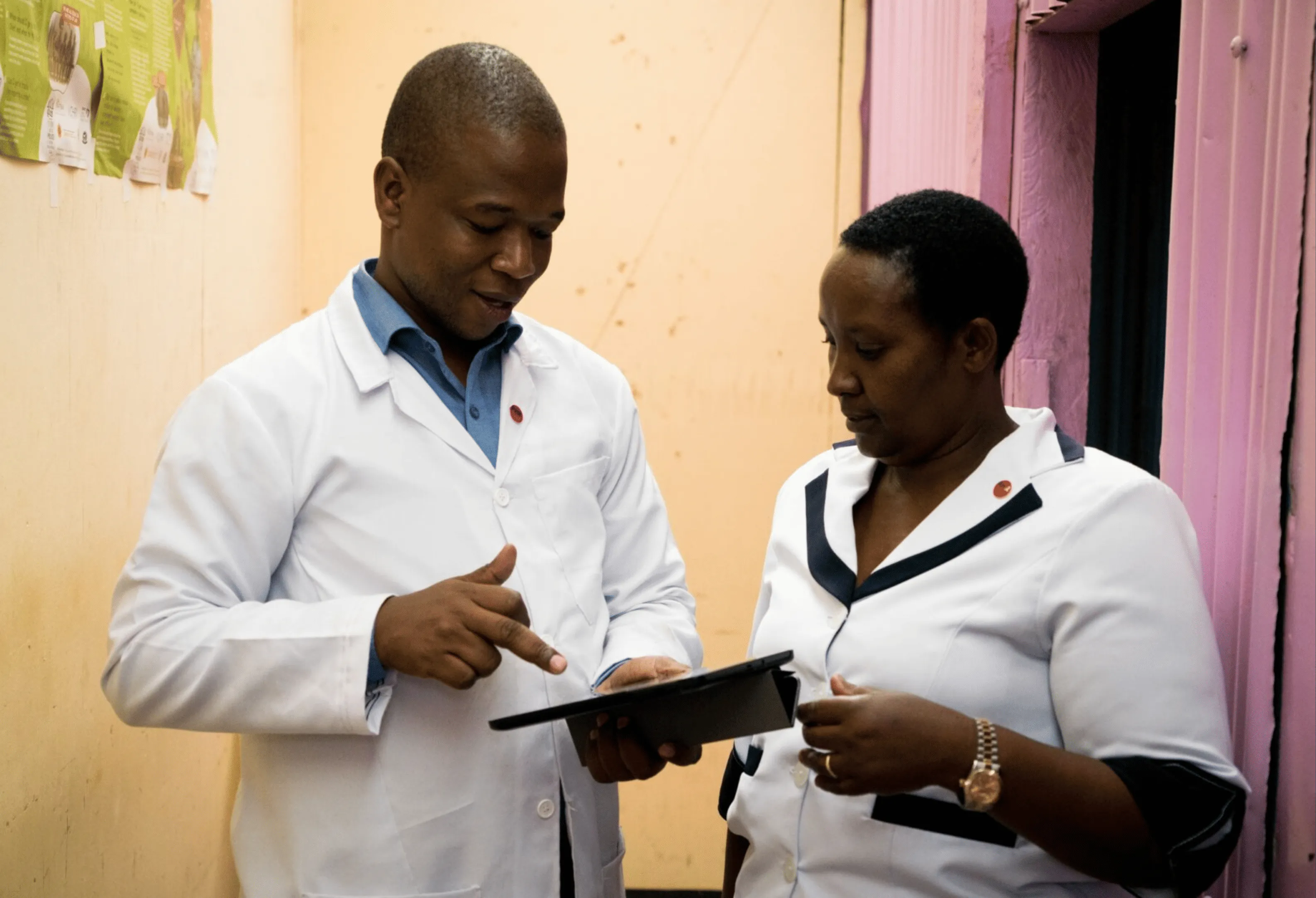
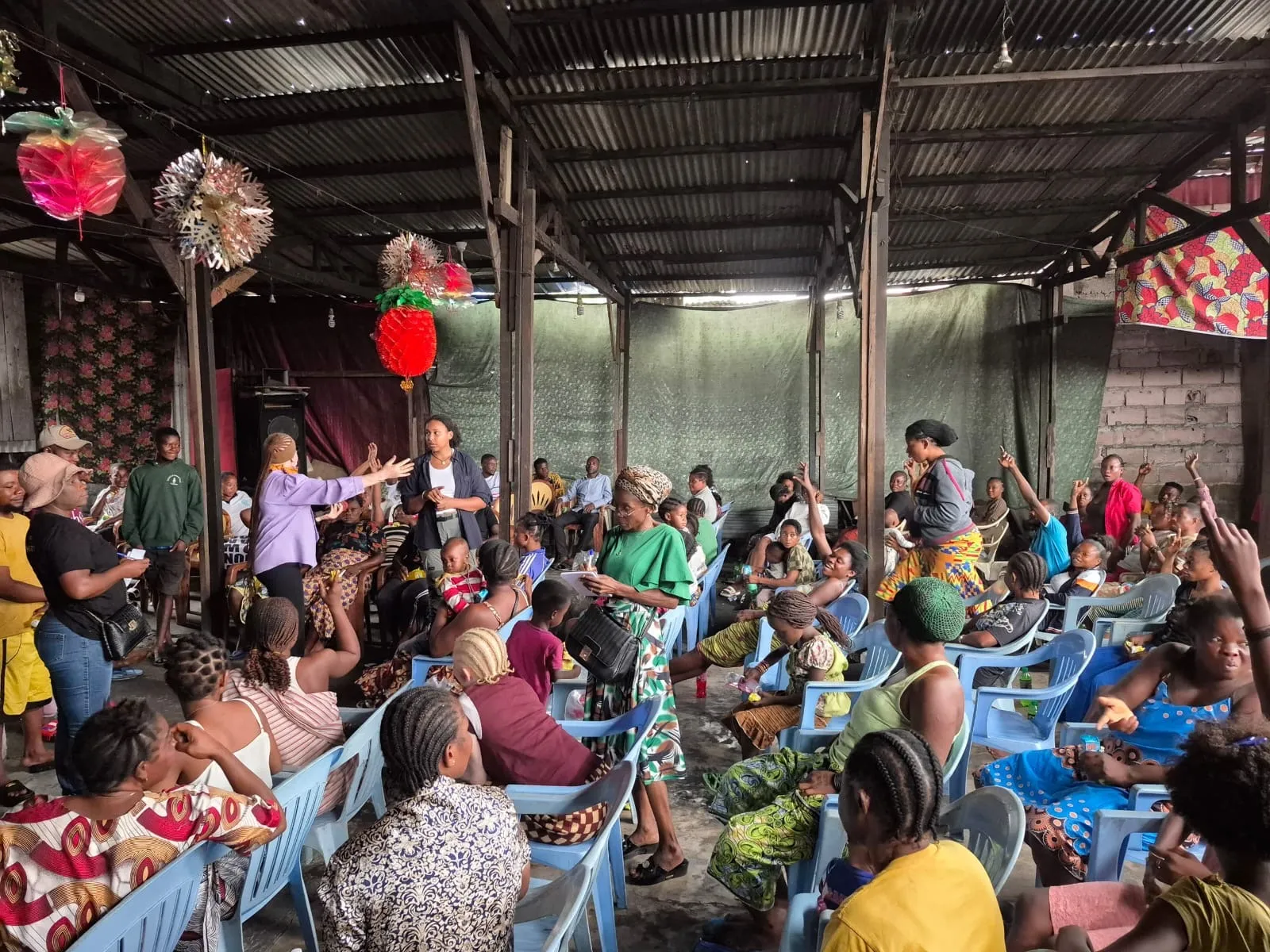
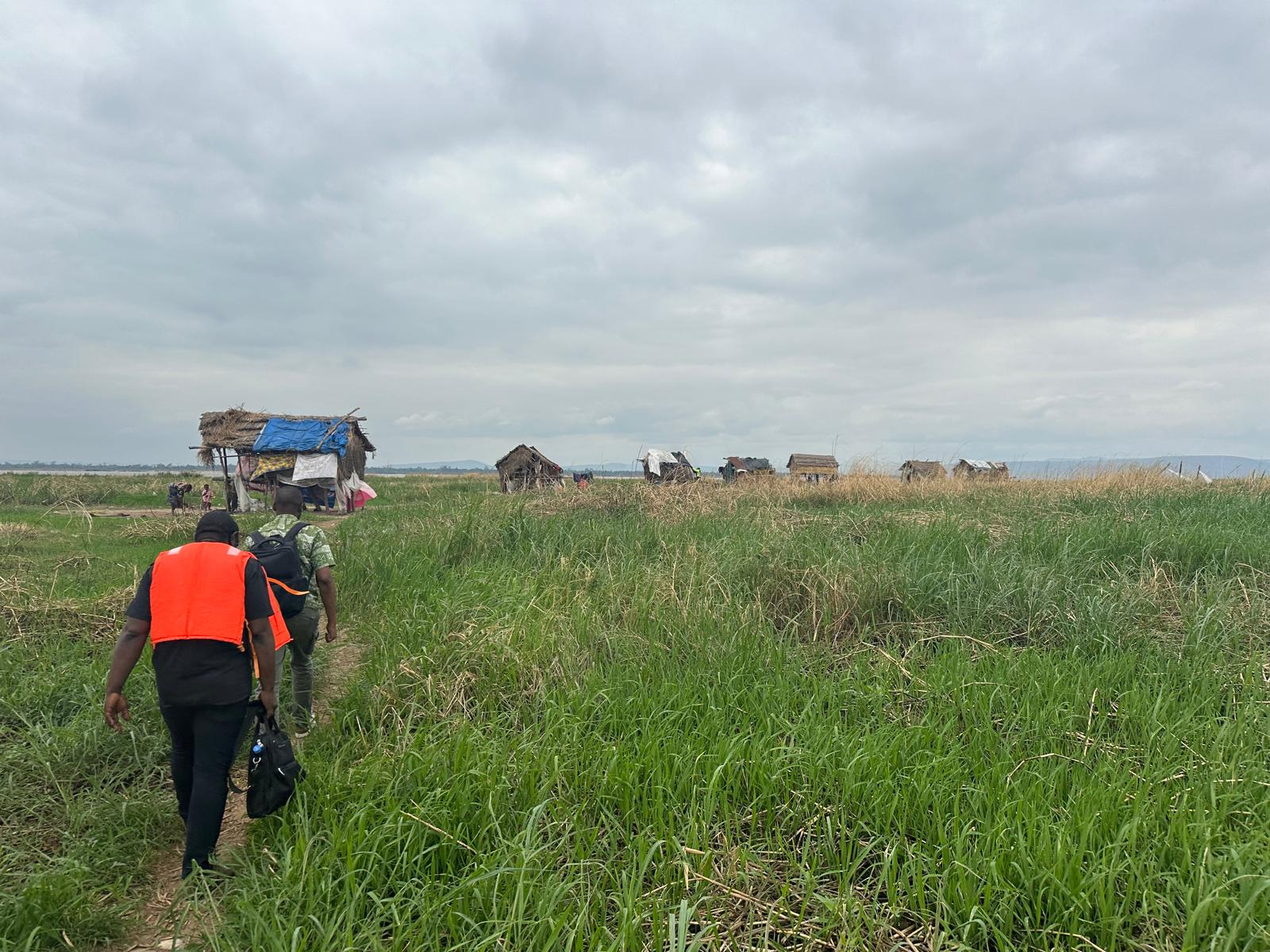
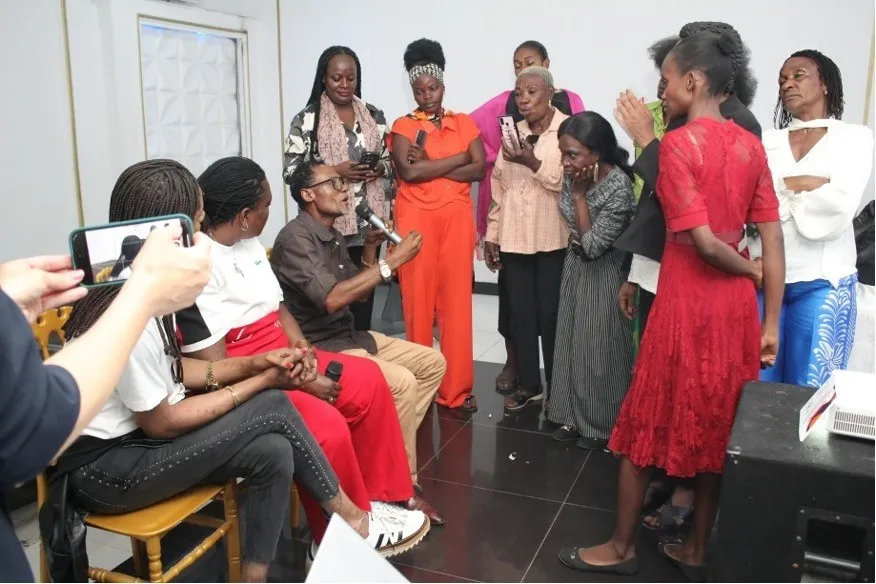
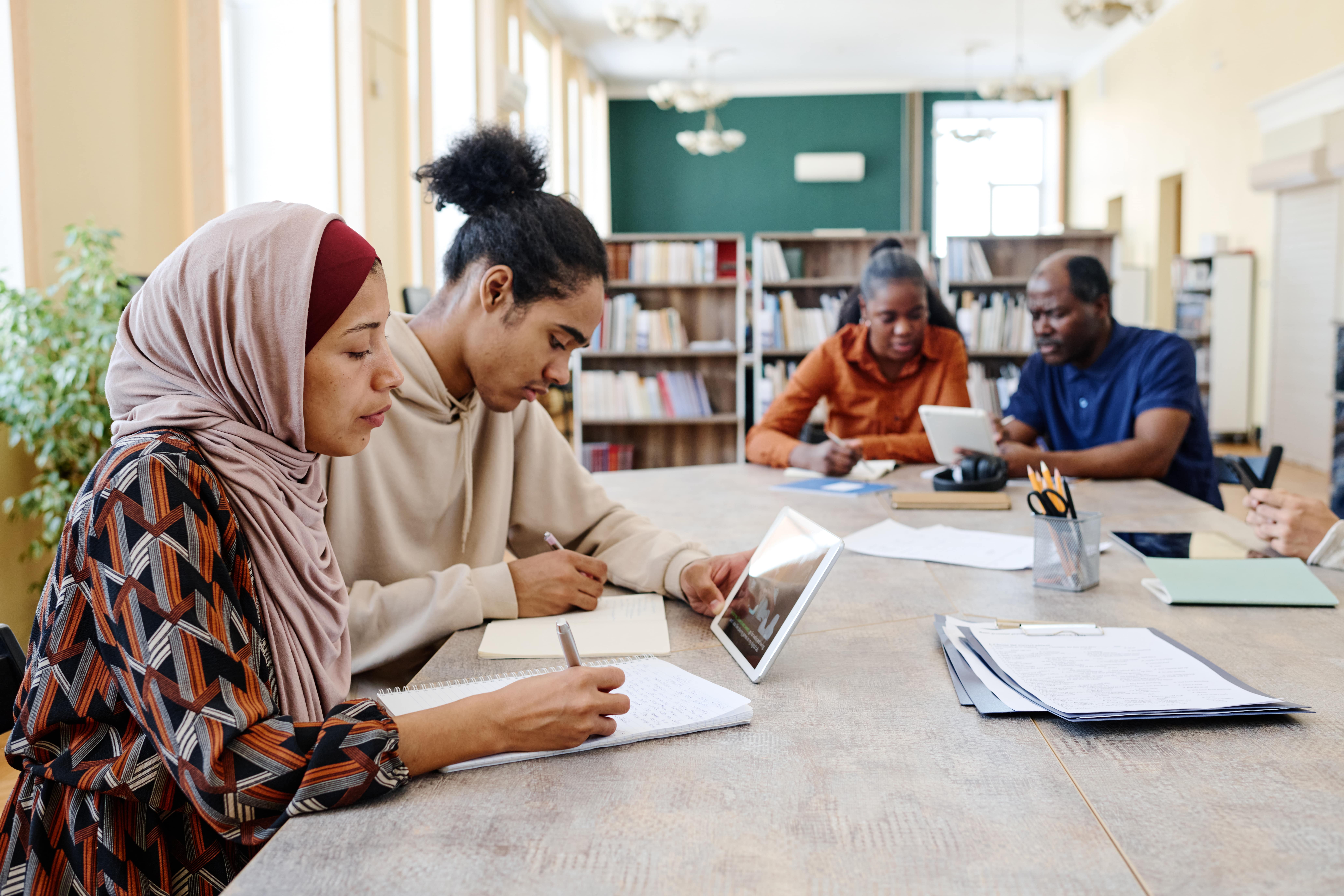
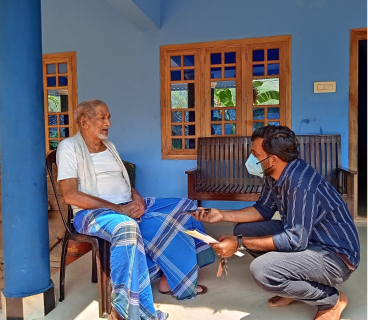
%20(2).png)